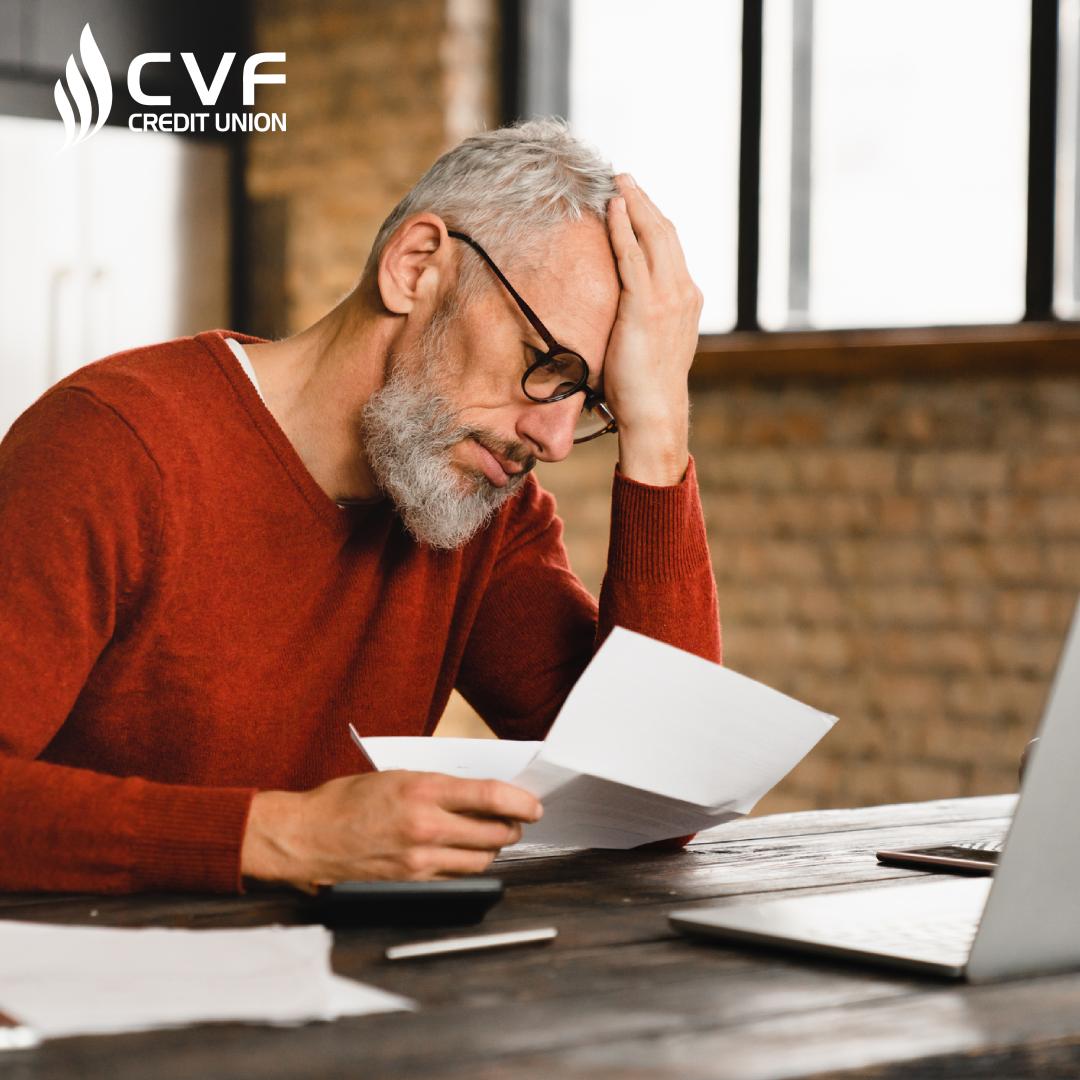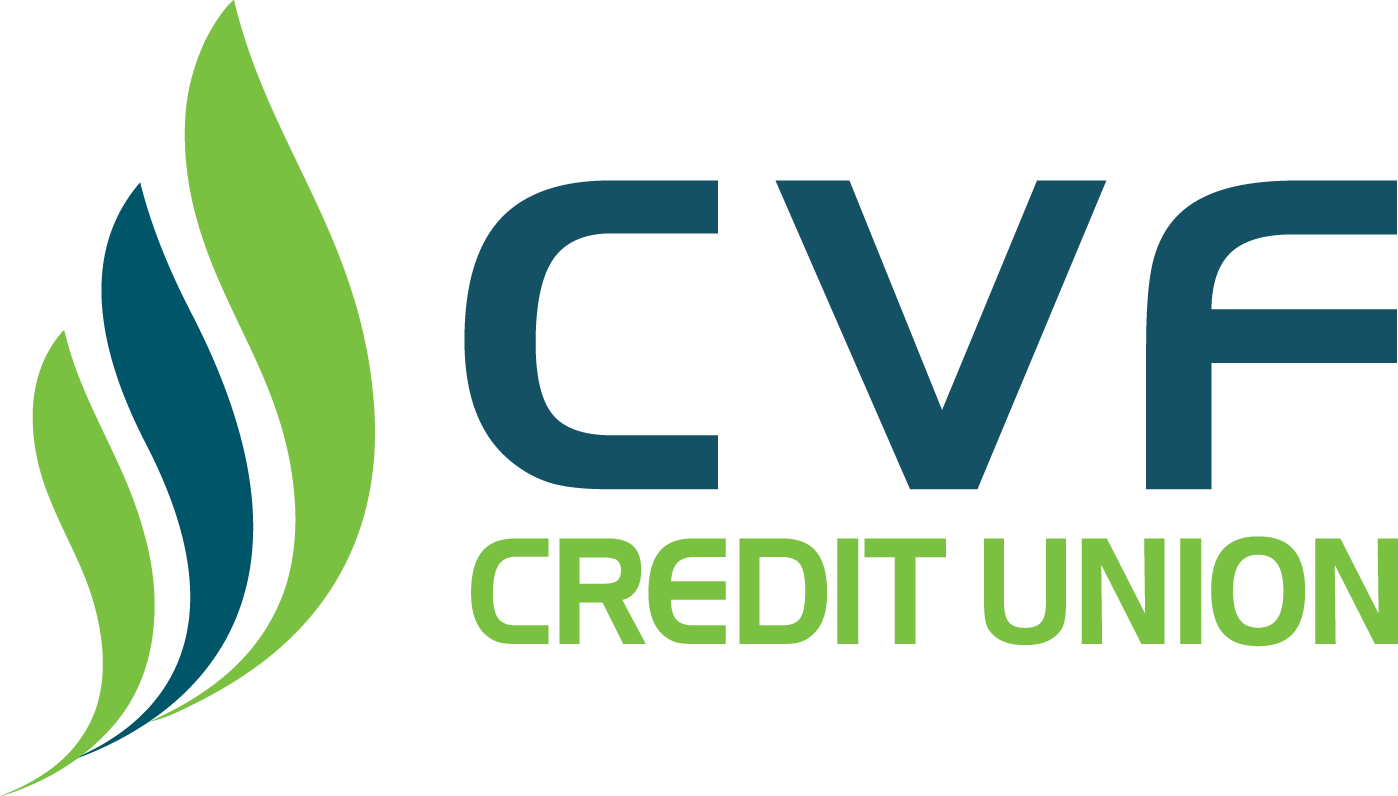
Say Goodbye to Debt: Tips and Tricks to Help You Become Debt-Free
Are you tired of feeling trapped by your debt? Do you feel that no matter how hard you try, you can never escape its grip? Countless people struggle with the burden of debt every single day. The average American household carries a staggering $137,000 in debt, including everything from mortgages and credit cards to auto and student loans. But the good news is that there are financial freedom strategies you can use to break free from this vicious cycle once and for all.
Let’s explore some debt-free lifestyle choices and how to get out of debt when you are broke.
Creating a Realistic Budget: Cutting Expenses and Prioritizing Payments
Debt can be a real downer, but there’s good news: you can pay it off!
And one of the most effective ways to avoid debt with smart spending is by cutting expenses.
Think about it:
- If you eat out just twice a week, that could cost you over $200 a month!
- Canceling that subscription you never really use? That’s another $30 or $40 in your pocket each month.
The point is every little bit helps. You can start chipping away at your debt and moving closer to financial freedom by tweaking your spending habits.
Strategies for Paying Off Debt: How to Get Out of Debt When You Are Broke
There are two popular debt consolidation options: the snowball method and the avalanche method.
Snowball Method
When you eliminate debt with the snowball method, you focus on paying off your debts with the smallest balances first, regardless of the interest rate. Once you pay off the smallest debt, you move on to the next smallest debt, and so on. The advantage of this method is that it’s an easy way to get out of debt fast. This can help keep you motivated to continue paying off your debt.
Avalanche Method
The other popular debt consolidation option is the avalanche method. This strategy focuses on paying off your debts with the highest interest rates, regardless of balance. The idea is to save money in interest charges by paying off the debt with the highest interest rate first. Once that debt is paid off, you move on to the next highest interest-rate debt, and so on.
Negotiating Debt with Creditors: Lowering Interest Rates and Payment Plans
If you struggle to keep up with your debt payments, it may be time to negotiate debt with creditors. You can free up some extra cash to pay off your debt by asking for a lower interest rate or monthly payment. Here are a few tips to help you successfully negotiate debt with creditors:
- Know what interest rates and payment terms other creditors are offering so that you can make a strong case for why yours should be lowered as well.
- Whether agreeing to a longer repayment period or making a lump sum payment upfront, creditors are more likely to be open to negotiation if they see that you’re willing to make some concessions.
- Don’t give up if your first request is denied. Continue contacting your creditor and try different approaches until you reach an agreement.
Building a Strong Financial Foundation: Preventing Future Debt
Building a strong financial foundation is one of the most important things you can do to prevent future debt. This means creating and sticking to a budget, regularly saving money, and being mindful of spending. Are you feeling overwhelmed and struggling to keep up with your finances? At CVF Credit Union, we’re committed to helping our members navigate even the toughest financial situations. This might include debt consolidation options, loan modifications, or other financial freedom strategies designed to help you reduce your financial stress and get back on track.
Don’t wait! Take the first step towards a better financial future today.



